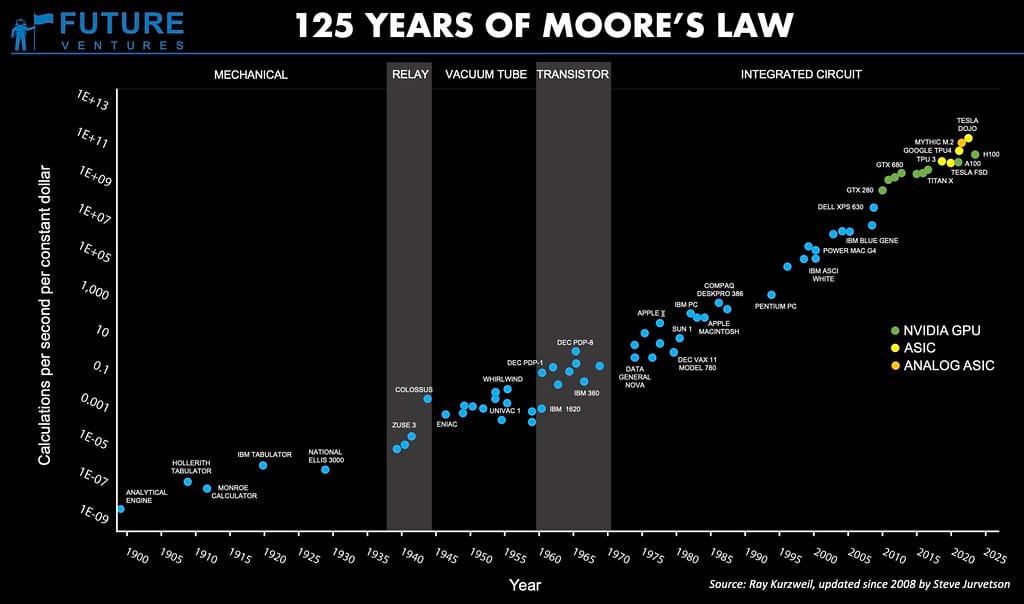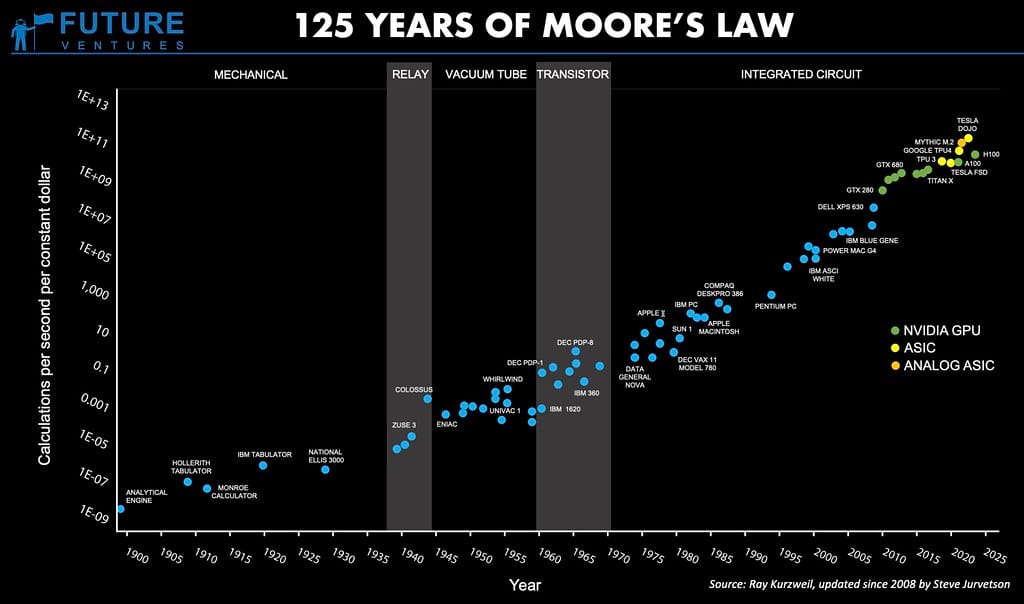Texas Instruments Bets Big on America: $60 Billion Semiconductor Investment Signals Manufacturing Renaissance
Texas Instruments has thrown down the gauntlet in the global semiconductor race, announcing an unprecedented $60 billion investment to expand chip manufacturing on American soil. This massive commitment represents one of the largest private manufacturing investments in U.S. history and signals a fundamental shift in how America approaches semiconductor production amid growing geopolitical tensions and supply chain vulnerabilities.
A Manufacturing Moonshot
The Dallas-based semiconductor giant's ambitious plan spans multiple phases over the next decade, with facilities planned across Texas, Utah, and potentially other states. This investment dwarfs most corporate capital commitments, putting it in league with the infrastructure spending typically associated with government projects.
TI's announcement comes at a critical juncture for American semiconductor manufacturing. Currently, the United States produces only about 12% of the world's chips, despite consuming roughly 25% of global production. This disparity became painfully apparent during the COVID-19 pandemic when chip shortages crippled industries from automotive to consumer electronics.
Strategic Timing Meets Government Support
The timing of TI's announcement is no coincidence. The company stands to benefit significantly from the CHIPS and Science Act, which allocates $52 billion in federal subsidies for domestic semiconductor manufacturing. These incentives, combined with growing concerns about supply chain resilience, have created a perfect storm for reshoring semiconductor production.
"This investment represents more than just manufacturing capacity—it's about economic and national security," explains industry analyst Sarah Chen from Semiconductor Intelligence. "TI is positioning itself at the forefront of a manufacturing renaissance that could reshape global chip production."
The geopolitical dimension cannot be ignored. With tensions escalating between the U.S. and China, and Taiwan's critical role in global chip production creating strategic vulnerabilities, companies are increasingly viewing domestic manufacturing as both an opportunity and a necessity.
Job Creation and Economic Impact
TI's investment promises to generate thousands of high-paying manufacturing jobs across multiple states. The company estimates that each semiconductor manufacturing job supports approximately 4.5 additional jobs in the broader economy, potentially creating a ripple effect of economic activity.
Texas, already home to TI's headquarters and several facilities, stands to benefit most significantly. The state's business-friendly environment, existing semiconductor ecosystem, and skilled workforce make it an attractive location for expanded operations. Utah, with its growing tech sector and favorable business climate, represents TI's bet on geographic diversification.
Technology Leadership and Innovation
Beyond job creation, TI's investment focuses on advanced analog and embedded processing technologies—areas where the company maintains global leadership. Unlike the cutting-edge logic chips that dominate headlines, TI specializes in the essential but less glamorous semiconductors that power everything from industrial equipment to automotive systems.
This focus on analog chips proves strategically smart. While digital processors grab attention, analog semiconductors represent a $70 billion market with steady demand across numerous industries. TI's dominance in this space, combined with expanded domestic manufacturing, positions the company to capture significant market share as supply chains reorganize.
Challenges and Competition
The path forward isn't without obstacles. Semiconductor manufacturing requires highly specialized facilities, skilled technicians, and complex supply chains. Building this infrastructure from scratch while maintaining competitive cost structures represents a significant challenge.
International competition remains fierce. Asian manufacturers benefit from decades of investment, established supply chains, and government support. TI must prove that American manufacturing can compete on both cost and quality while managing the complexity of ramping up production.
Looking Ahead: A New Era of American Manufacturing
Texas Instruments' $60 billion commitment represents more than corporate strategy—it's a bet on America's manufacturing future. This investment, combined with similar announcements from Intel, TSMC, and others, suggests we're witnessing the early stages of a semiconductor manufacturing renaissance.
The success of these initiatives will determine whether America can reclaim its position as a global manufacturing powerhouse. For TI, the stakes couldn't be higher: this investment will define the company's trajectory for decades to come.
As supply chains reorganize and geopolitical realities reshape global trade, TI's bold move positions it at the center of a transformation that extends far beyond semiconductors. The real test will be execution—turning ambitious plans into operational reality while maintaining the innovation and efficiency that global markets demand.

